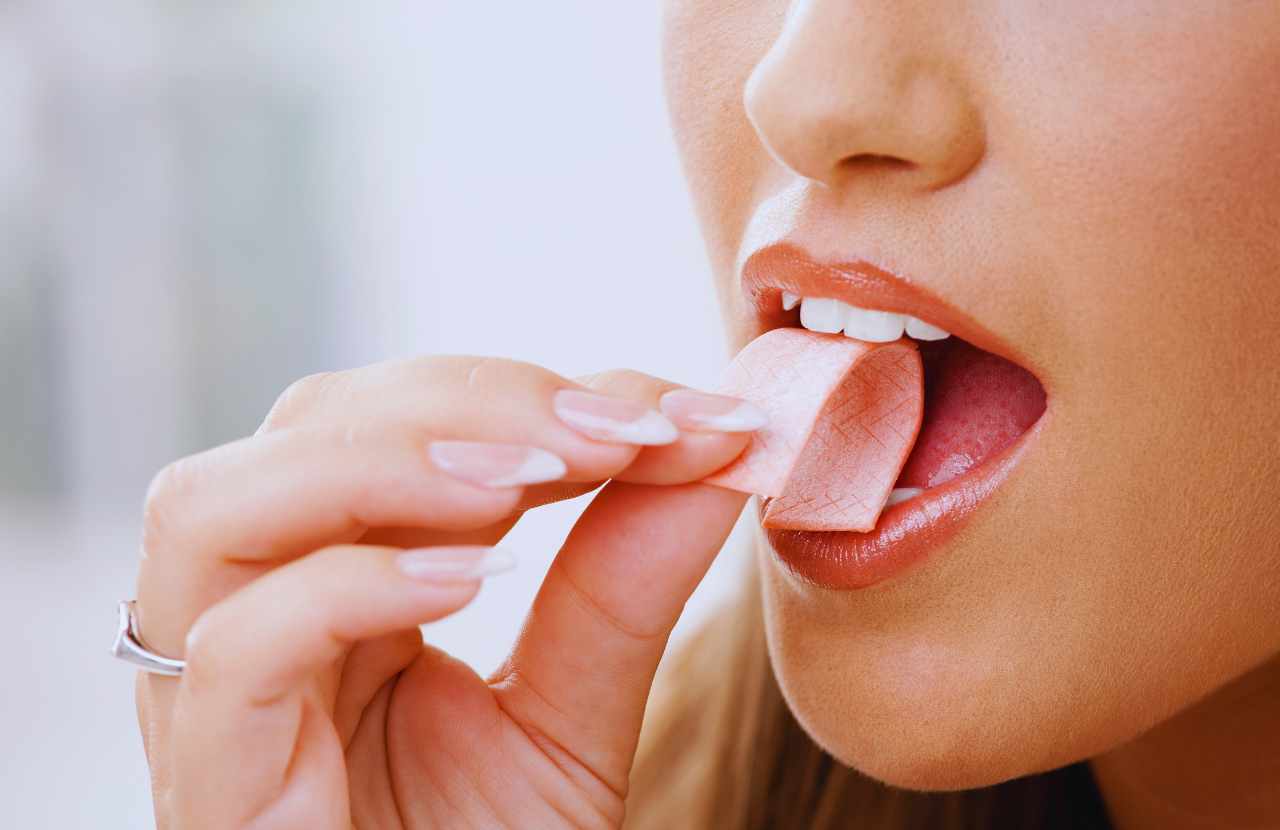Have you ever found yourself with an inexplicable urge to chew on things? You’re not alone, whether it’s pens, pencils, plastic, or even non-food items. Many individuals experience this peculiar habit, which often leads to questions like, “Why do I like to chew on things?” In this article, we’ll delve into the various aspects of this behaviour, exploring both the psychological and physiological factors that may contribute to the urge to chew.
The Urge to Chew: A Common Phenomenon
Reddit Discussions on the Habit
One quick search on Reddit reveals numerous threads where individuals share their experiences with the urge to chew. Users often seek advice and understanding, asking questions like “Why do I like to chew on things?” These online discussions highlight the prevalence of this habit and the need for a deeper exploration.
Psychological Insights
The psychological aspect of the urge to chew is a fascinating study area. Individuals may find comfort or stress relief in chewing, akin to habits like nail-biting or hair-twirling. Psychologists suggest that such behaviours can serve as coping mechanisms, providing a sense of control or alleviating anxiety.
Understanding the Adult Urge
It’s not limited to childhood; adults also grapple with the impulse to chew on objects. The question, “Why do I have the urge to chew on something as an adult?” prompts an examination of stressors, lifestyle, and individual coping mechanisms. This exploration helps establish that the habit is not exclusive to a particular age group.
Chewing on Things: Is it a Disorder?
Chewing Disorders
While the urge to chew on things is common, in some cases, it may escalate into a disorder. Known as “chewing on things disorder” or “oral sensory processing disorder,” this condition involves a heightened need for oral stimulation. Exploring the line between a habit and a disorder is crucial for those seeking professional guidance.
Signs of ADHD
Some individuals wonder if their urge to chew is linked to Attention Deficit Hyperactivity Disorder (ADHD). Research suggests that there may be a connection, as sensory-seeking behaviours, like chewing, could be a way for individuals with ADHD to regulate their focus and attention. Understanding this link can provide insights for those considering an evaluation for ADHD.
Non-Food Chewing
The question, “Why do I chew on things that aren’t food?” brings attention to the variety of objects people may find themselves chewing on. Plastic, in particular, is a common choice. Exploring non-food chewing habits involves considering the textures and sensations that individuals find satisfying, contributing to understanding this behaviour.
Is it Normal to Chew Everything?
Chewing on objects or non-food items, a behaviour known as pica is generally not considered normal in adults. Pica can be associated with various medical, nutritional, or psychological issues. It’s not uncommon for children to explore the world by putting objects in their mouths, but as they grow older, this behaviour typically diminishes.
If you or someone you know is regularly chewing on non-food items, it’s advisable to consult with a healthcare professional. Pica can be a symptom of an underlying issue, such as nutritional deficiencies, gastrointestinal problems, developmental disorders, or stress and anxiety.
A healthcare provider can help identify the cause and recommend appropriate interventions or treatments. Addressing this behaviour is essential, as chewing on non-food items can pose health risks, such as ingesting harmful substances or the potential for dental problems.
Addressing the Habit: Practical Tips and Strategies
Managing the Urge
Practical strategies can be beneficial for those looking to curb the habit of chewing on non-food items. These may include introducing alternative outlets for oral stimulation, such as chewing gum or using chewable jewellery. Understanding the triggers and finding healthier alternatives is key to managing the urge.
Seeking Professional Guidance
Individuals concerned about the intensity of their chewing habit or its potential connection to a disorder should consider seeking professional help. Psychologists, therapists, or occupational therapists can provide tailored strategies and interventions to address the underlying causes and promote healthier coping mechanisms.
How do You Stop Sensory Chewing?
If you or someone you know is engaging in sensory chewing, several strategies may help manage or reduce this behavior. Remember that these strategies’ effectiveness can vary, and it’s important to consult with a healthcare professional for personalized advice. Here are some general tips:
Chewable Alternatives
Introduce safe and socially acceptable chewable alternatives. This could include chewable jewellery, gum, or specially designed chew toys. Experiment with different textures to find what is most satisfying.
Fidget Tools
Provide fidget tools to redirect the need for sensory input. Items like stress balls, fidget spinners, or textured surfaces can offer a tactile outlet for sensory stimulation without chewing.
Chewelry
Invest in chewelry, which are jewellery items designed for chewing. These can be discreet and fashionable while providing a safe outlet for the sensory need to chew.
Oral Motor Exercises
Explore oral motor exercises with the guidance of an occupational therapist. These exercises can help address underlying sensory issues and provide a constructive way to fulfil oral motor needs.
Behavioural Strategies
Implement positive reinforcement for not engaging in sensory chewing. This could involve rewards or praise for using the provided alternatives. Consistency and positive reinforcement can contribute to breaking the habit.
Final Words
In conclusion, the urge to chew on things is a multifaceted phenomenon beyond a simple habit. By exploring the psychological, physiological, and potential disorder-related aspects, individuals can better understand why they may engage in this behaviour. Whether seeking solace in online discussions, contemplating the connection to ADHD, or exploring practical strategies for management, acknowledging the urge to chew is the first step towards fostering a healthier relationship with this unique habit.

